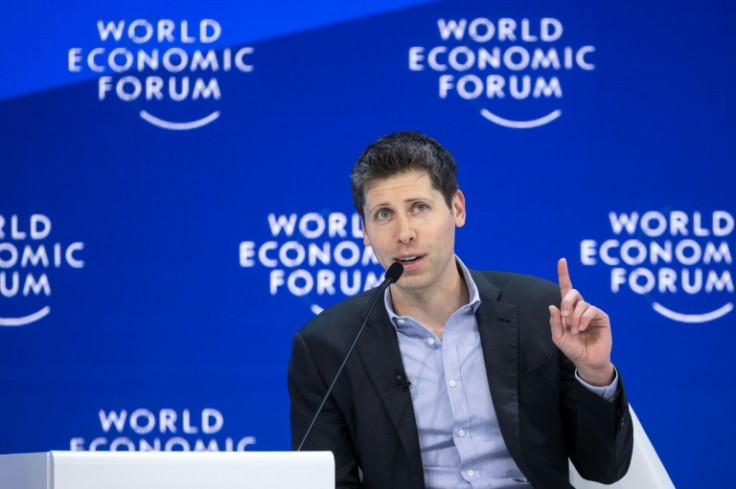OpenAI Alleges The New York Times Used Deceptive Tactics In Copyright Lawsuit
In a legal maneuver that intensifies the ongoing battle between OpenAI and The New York Times, the AI company has accused the media giant of resorting to deceitful tactics to fabricate evidence in their copyright lawsuit. OpenAI claimed that the Times paid someone to manipulate its ChatGPT models to produce outputs resembling old articles and to help with their case against the AI company.

According to OpenAI, the Times' purported "hacking" involved generating highly anomalous outputs by using deceptive prompts that violated OpenAI's terms of use. The company asserts that it took the Times "tens of thousands of attempts" to produce these results, which were far from typical usage patterns of OpenAI's products.
However, what OpenAI mentions as "hacking" could also be interpreted as prompt engineering or "red-teaming," common practices in the AI industry to stress-test systems for vulnerabilities. Despite this, OpenAI urges that the Times' methods were misleading and aimed at discrediting the AI company.
The legal dispute between OpenAI and the Times stems from the newspaper's lawsuit filed last year, which alleges copyright infringement by OpenAI and its partner Microsoft Corp. The Times contends that OpenAI's ChatGPT models created verbatim copies of its articles without permission, a contention that OpenAI vehemently denies.
OpenAI's motion to disregard parts of the lawsuit challenges the Times' evidence, arguing that the outputs were unintentional and the result of data regurgitation and model hallucination issues, rather than deliberate infringement. The company affirms that the Times failed to reveal its prompting parameters and has refused to cooperate to prevent similar outputs in the future.
Last month, in Davos, Switzerland, OpenAI CEO Sam Altman stated he was "surprised" by the Times' lawsuit, saying OpenAI's models didn't need to train on the publisher's data.
"We actually don't need to train on their data," Altman said at an event by Bloomberg. "I think this is something that people don't understand. Any one particular training source, it doesn't move the needle for us that much."
Ian Crosby, Susman Godfrey partner and lead counsel for The New York Times. reached out to International Business Times with the following statement:
"Building new products is no excuse for violating copyright law, and that's exactly what OpenAI has done on an unprecedented scale.
"In this filing, OpenAI doesn't dispute – nor can they – that they copied millions of The Times's works to build and power its commercial products without our permission.
"What OpenAI bizarrely mischaracterizes as 'hacking' is simply using OpenAI's products to look for evidence that they stole and reproduced The Times's copyrighted works. And that is exactly what we found. In fact, the scale of OpenAI's copying is much larger than the 100-plus examples set forth in the complaint.
"It should be no surprise to OpenAI that illegal copying and misinformation are core features of their products and not the result of fringe behavior.
"OpenAI, which has been secretive and has deliberately concealed how its products operate, is now asserting it's too late to bring a claim for infringement or hold them accountable. We disagree. It's noteworthy that OpenAI doesn't dispute that it copied Times works without permission within the statute of limitations to train its more recent and current models.
"Developing technology in a way that complies with established copyright laws is an industry-wide priority. The decision by OpenAI and other generative AI developers to enter into deals with news publishers only confirms that they know their unauthorized use of copyrighted work is far from 'fair.'
"OpenAI's response also shows that it is tracking users' queries and outputs, which is particularly surprising given that they claimed not to do so. We look forward to exploring that issue in discovery."
The legal battle reflects the broader tensions in the AI industry regarding the use of copyrighted material for training data. OpenAI has confirmed that it is impossible to train advanced AI models without utilizing copyrighted works, emphasizing the important role of such data in developing AI technologies.
The end result of the legal proceedings between OpenAI and The New York Times could have huge implications for the AI industry and the use of copyrighted material in AI development. As the case unveils, stakeholders are closely monitoring developments that may shape the future of AI innovation and intellectual property rights.
© Copyright IBTimes 2024. All rights reserved.





















